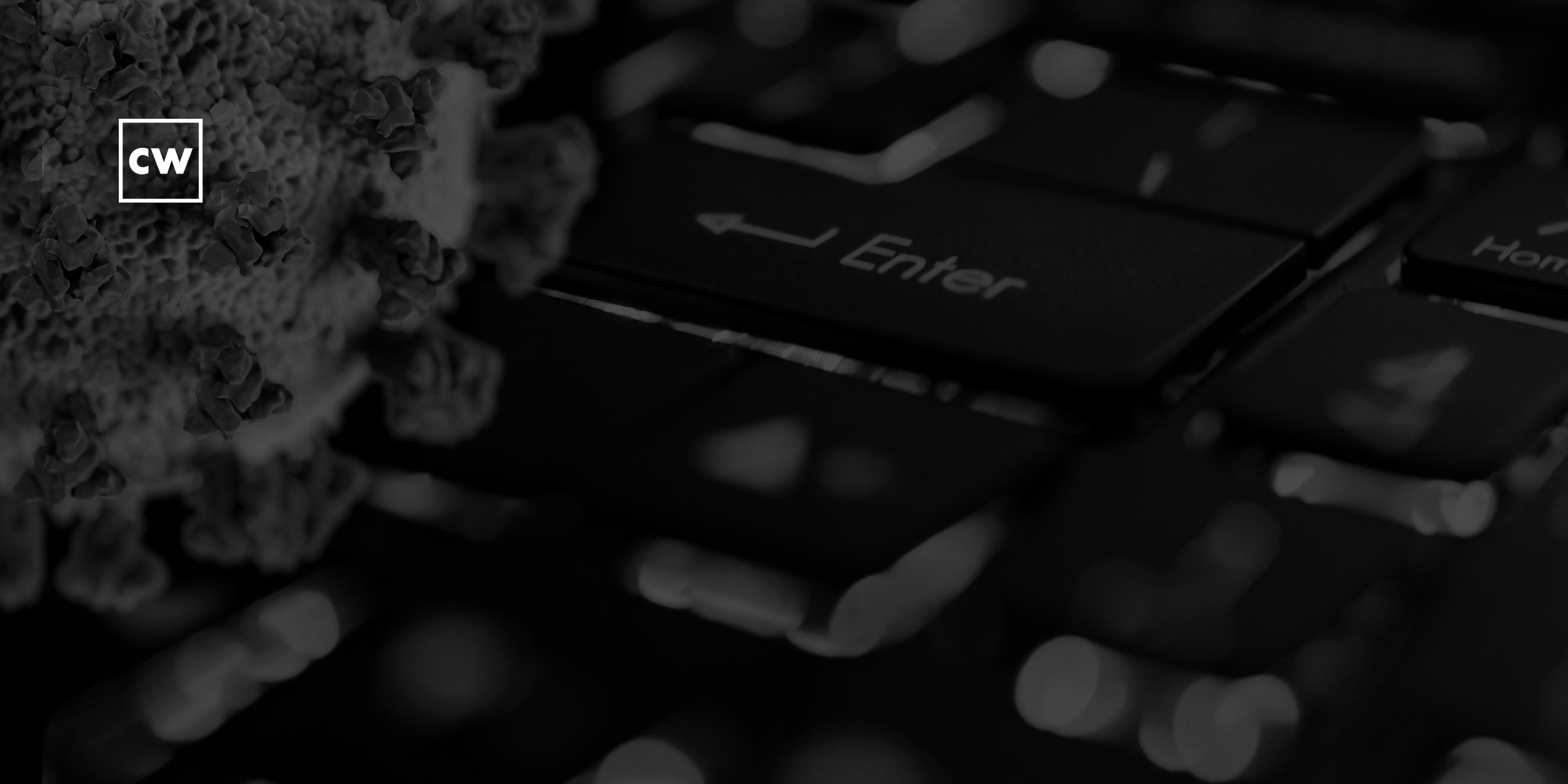
News for the cybersecurity community during the COVID-19 emergency: Tuesday, May 12th, 2020. Daily updates on how the pandemic is affecting the cybersecurity sector.
Sleepers, conspiracies, and an app's hasty development.
"Non-traditional actors," that is, sleepers.
The Washington Post follows up yesterday's reports that the US FBI and Department of Homeland Security were preparing a warning about Chinese espionage directed against COVID-19 vaccine and treatment research with the news that such warnings will probably be out "within a week or so," and not within the few days originally expected. The Post notes that the warning is expected to focus on "non-traditional actors," that is, students and researchers already in place at US research institutions who are (or will be) activated to collect information on vaccines and treatments.
China's Foreign Ministry has preemptively denounced the warning. “We firmly oppose and fight all kinds of cyber attacks conducted by hackers. We are leading the world in covid-19 treatment and vaccine research," Zhao Lijian, the spokesman for the Chinese Foreign Ministry, said. "It is immoral to target China with rumors and slanders in the absence of any evidence.”
Given the threat the virus poses, it's unsurprising that intelligence services have actively collected information about its origins, effects, epidemiology, and treatment. Russia, Iran, and China are believed to have been particularly active in this regard, as has Vietnam, which FireEye says began collecting as early as January. Vietnam's interest has been focused largely on its Chinese neighbor.
Content moderation in social media.
Twitter has offered more information on its plans to label COVID-19 misinformation as such, Reuters reports. "Some or all of the content shared in this Tweet conflicts with guidance from public health experts regarding COVID-19," the labels will say. A "Learn more" link will take users to some of that relevant expert guidance. In cases where Twitter judges the misinformation to be particularly risky ("depending on the propensity for harm and type of misleading information in the tweet," as Reuters puts it) the social medium will display the warning before the user views the content. Confirmed misinformation will be labeled, as will certain "disputed" claims.
It appears the false or disputed material will remain available, albeit flagged and linked to contrary views, and this is in keeping with the marketplace-of-ideas approach Twitter appears to have adopted. “One of the differences in our approach here is that we’re not waiting for a third party to have made a cast-iron decision one way or another,” Twitter’s public policy director Nick Pickles said. “We’re reflecting the debate, rather than stating the outcome of a deliberation.” This may be both a quicker and more permissive approach than the more dirigiste content moderation being mulled elsewhere.
That more directive content moderation may be seen in the decisions by YouTube, Vimeo, and Facebook to remove a trailer for a full-length film "Plandemic" that pushes an anti-vaccine conspiracy theory about the origins of, and response to, the COVID-19 pandemic. The Washington Post reports that these platforms have decided the trailer (which at twenty-six minutes' running time itself amounts to a short film) pushes misinformation likely to prove dangerous to those who follow its advice. YouTube says that its policy is to take down “content that includes medically unsubstantiated diagnostic advice for covid-19” (like the “Plandemic” trailer). Facebook's rationale was more specific: "Suggesting that wearing a mask can make you sick could lead to imminent harm, so we’re removing the video.” Vimeo said it was “keeping our platform safe from content that spreads harmful and misleading health information. The video in question has been removed by our Trust & Safety team for violating these very policies."
"Plandemic" features fringe scientist Dr. Judy Mitkovits, who the Washington Post says has been associated with discredited research before. Among the film's claims is the assertion that the wealthy have deliberately worked to drive up infection rates in order to increase vaccination rates. Before it was taken down from Facebook at the end of last week, the "Plandemic" trailer had, Digital Trends reports, attracted “1.8 million views, including 17,000 comments and nearly 150,000 shares."
NHSX's contact-tracing trials.
As trials of Britain's contact-tracing app proceed on the Isle of Wight (where roughly a third of the population has enrolled itself) progress, the NHS is hinting that preliminary results may take them in a different direction, ComputerWeekly reports. The UK's Communities Secretary Robert Jenrick said, “We are now building the network that we need through track and trace… We are also paying attention to what is happening in other parts of the world. This [the Isle of Wight test] is a pilot and we’re trying to get as many people to sign up for it as possible – 50,000 have downloaded it. We are learning lessons from other apps elsewhere in the world, and if we need to change our app, we will do, and that is the point of piloting this before we take it nationally across the country.” There's no second app under development, but the government is open to suggestions.
NHSX's approach to contact tracing has attracted criticism of both its potential as a centralized service for abuse of private data it collects, and its ability as an opt-in service to attract enough users to become effective. Some of the criticism appears a natural outcome of any hastily assembled emergency program. The Telegraph reports, for example, that the ethics board appointed to keep an eye on the app's development has been frustrated by spotty communications from NHSX. ComputerWeekly says, however, that the app retains the support of many experts in the UK, who see it as a rational approach to risk assessment and management.
